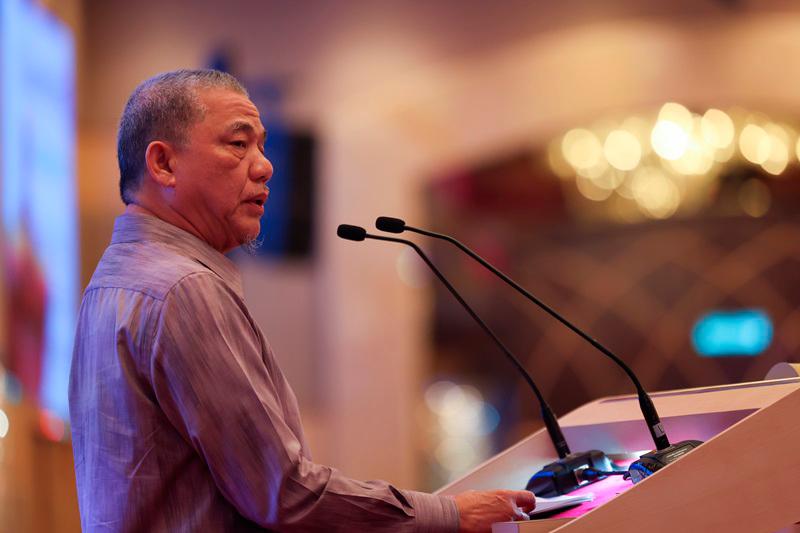PETALING JAYA: The engineering industry may enhance their reputation and resilience to positively contribute back to the society and steer Malaysia towards a more equitable and environmentally sustainable future, by embracing environmental, social and governance (ESG) principles.
Deputy Prime Minister Datuk Seri Fadillah Yusof said that ESG considerations are garnering increased attention from both businesses and investors.
He said despite the nation’s rapid development, it grapples with significant challenges such as pollution and socio-economic disparities which requires careful intervention.
“As Malaysia navigates its rapid growth trajectory, it needs to confront urgent issues like deforestation and environmental degradation which adversely affect ecosystems and communities. Moreover, the widening wealth gap exacerbates social inequalities, particularly affecting marginalised groups like indigenous communities and low-income families.
“As such, in response to these imbalances, companies are increasingly prioritising ESG initiatives and recognising the importance to mitigate environmental impacts, support communities and uphold ethical governance standards. Investors are also placing greater emphasis on ESG criterias when making investment decisions, driven by a desire for sustainable, long-term returns,” he said in his remarks at the 65th Anniversary Dinner and Awards 2024 of the Institution of Engineers Malaysia (IEM) last night.
Fadillah, who is also the Energy Transition and Water Transformation Minister, said the government has taken proactive measures to promote ESG practices, implementing regulations and initiatives aimed at fostering sustainability across industries.
“By embracing our dedication to sustainable development, Malaysia acknowledges the imperative of bold and forward-looking strategies to reduce our reliance on fossil fuels as we move towards decarbonisation with the ultimate goal of cleaner, more affordable, reliable and sustainable energy sources.
“Last year marked the launch of the National Energy Transition Roadmap (NETR), a pivotal initiative aimed at achieving Net Zero Carbon Emission by 2050 and this strategic roadmap not only underscores our nation’s commitment to a sustainable future but also serves as a fundamental framework in supporting compliance with global ESG standards,” he said.
He acknowledged that ESG is gaining traction in Malaysia, driven by regulatory mandates, investor expectations and a growing awareness of its significance for both business and society.
“It’s heartening to learn about IEM’s ESG endeavours in upholding high ethical standards, fostering inclusivity and considering social and governance factors for engineering projects which is laudable.
“Let’s remain mindful that ESG is reshaping engineering for the better and is not merely about addressing challenges but seizing opportunities for innovation, growth and positive societal impact,” he said.









